Description
Health Benefits and Uses of Almond Oil
Almonds are a satisfying food with many potential health benefits.
The oil that comes from these delicious tree nuts is commonly used as a natural ingredient in skin and hair care, but few people realize that it may also be good for your health.
This article uncovers how almond oil may benefit your health and how it can be used as a multipurpose, non-toxic beauty t
Almonds are the edible seeds of the Prunus dulcis tree, more commonly known as the almond tree.
Although almonds are commonly referred to as nuts, they’re actually the seeds found at the center of the almond fruit, which closely resembles a peach.
Almonds can be consumed whole, ground into flour and even made into non-dairy milk.
They are very rich in fat, making them a perfect source of oil.
Sweet almonds are the variety typically eaten and used to make foods, oils and cosmetics.
Meanwhile, bitter almonds are believed to have medicinal properties, though they can be toxic if they’re not properly processed. Moreover, they’re not widely available.
Refined vs Unrefined Almond Oil
After harvesting, almonds are hulled and dried before different methods are used to extract their oil.
Refined almond oil is extracted from almonds using high-heat processing and chemicals.
This method negatively affects the nutritional value of the oil, as many of the nutrients found in raw almond oil are destroyed during high-heat or chemical treatments
While this method results in a less nutritious oil, refined almond oil can withstand much higher temperatures and is less expensive than the unrefined type, making it a more cost-effective option for consumers.
Unrefined almond oil is made by pressing raw almonds without the use of high heat or chemical agents.
This low-heat process helps almond oil retain much of its nutrient content, making unrefined almond oil a better choice for culinary uses.
Summary Almond oil is extracted from the seed of the almond fruit. The methods used to produce refined almond oil destroy certain nutrients. Thus, unrefined almond oil is a better choice for culinary purposes.
Although almond oil is not as rich in nutrients as whole almonds, it has nutritional benefits.
Nutritional Breakdown
Below is the nutritional breakdown of 1 tablespoon (14 grams) of almond oil.
- Calories: 119
- Total fat: 13.5 grams
- Saturated fat: 1.1 grams
- Monounsaturated fat: 9.4 grams
- Polyunsaturated fat: 2.3 grams
- Vitamin E: 26% of the RDI
- Phytosterols: 35.9 mg
Almond oil is an excellent source of vitamin E and contains a small amount of vitamin K.
Most of the health benefits related to almond oil stem from its high amount of healthy fats. Almond oil is a good source of the antioxidant vitamin E and unsaturated fats. Diets rich in unsaturated fat may provide some health benefits, including a reduced risk of heart disease and obesity, and they may aid weight loss.

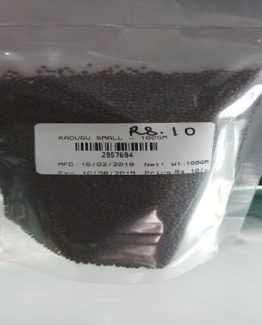
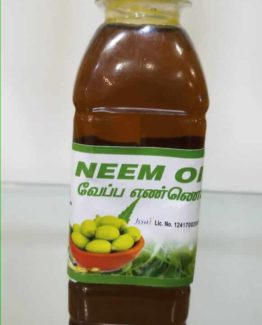
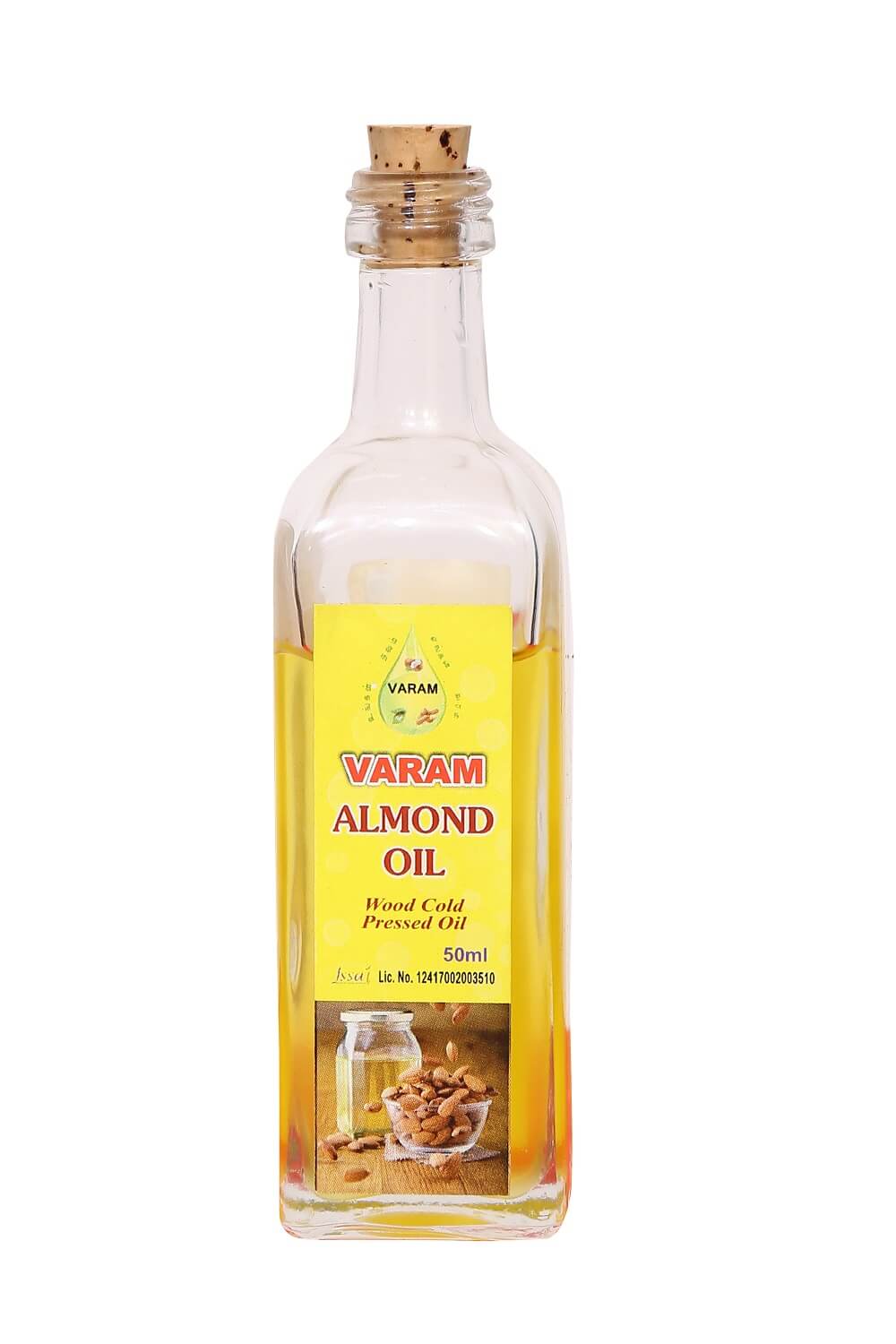
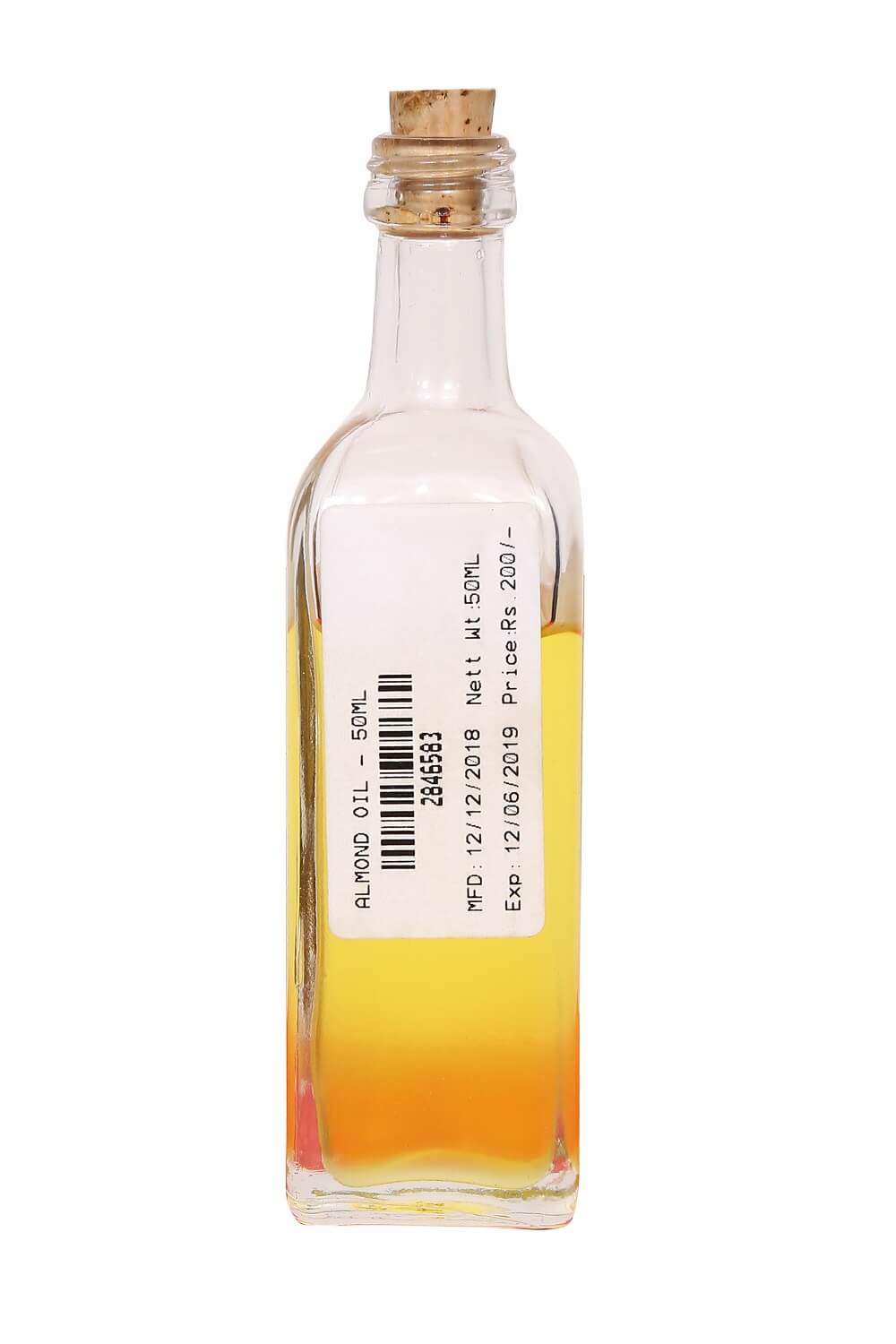
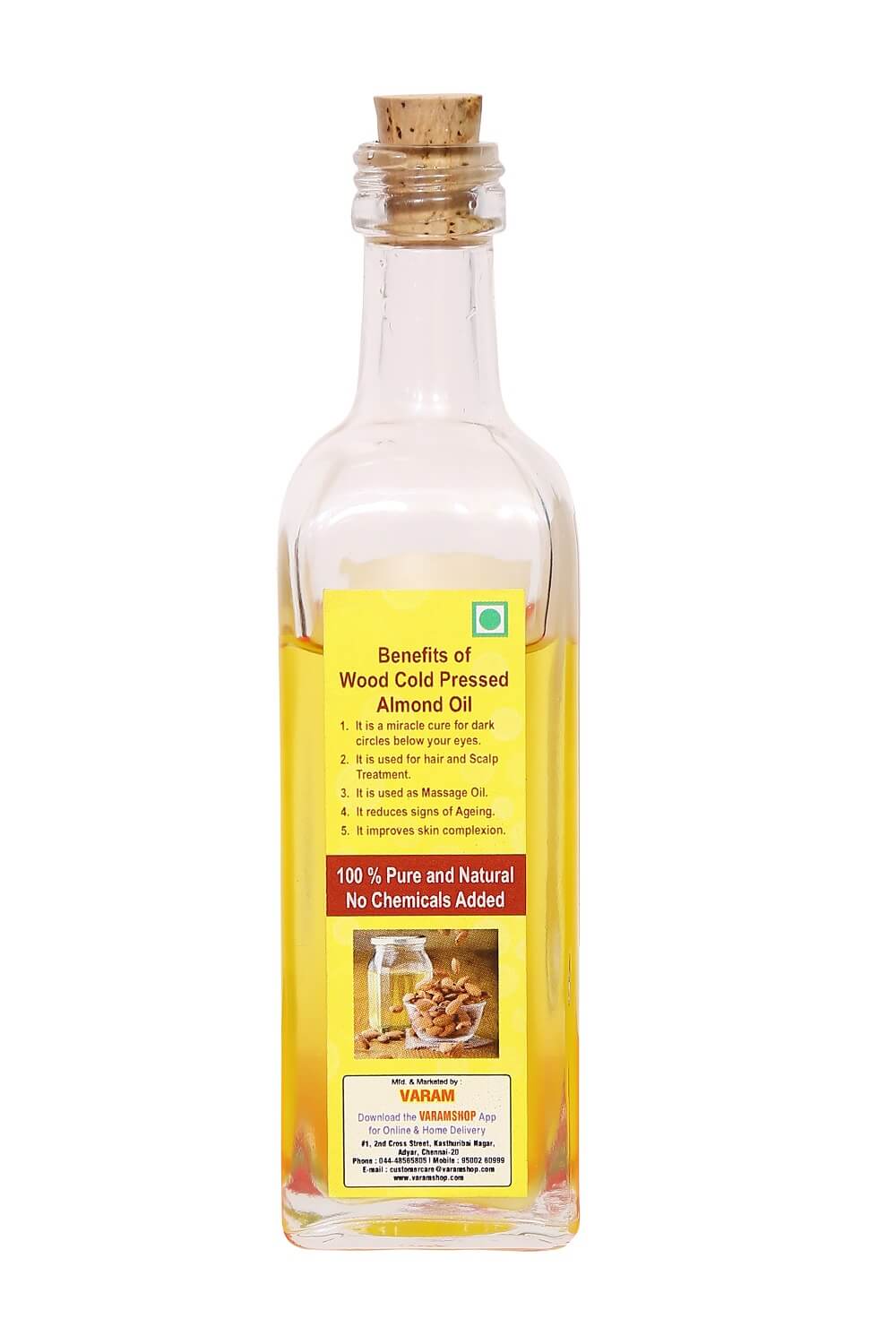

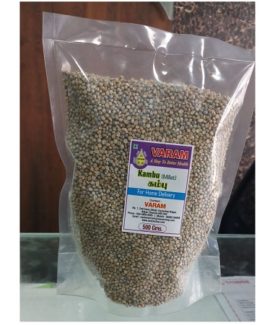
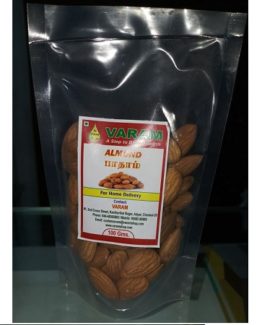


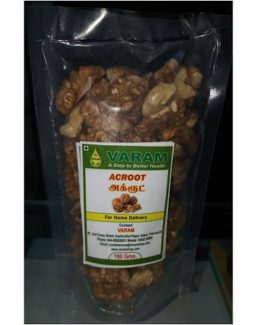
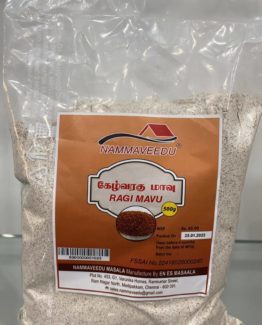


Reviews
There are no reviews yet.